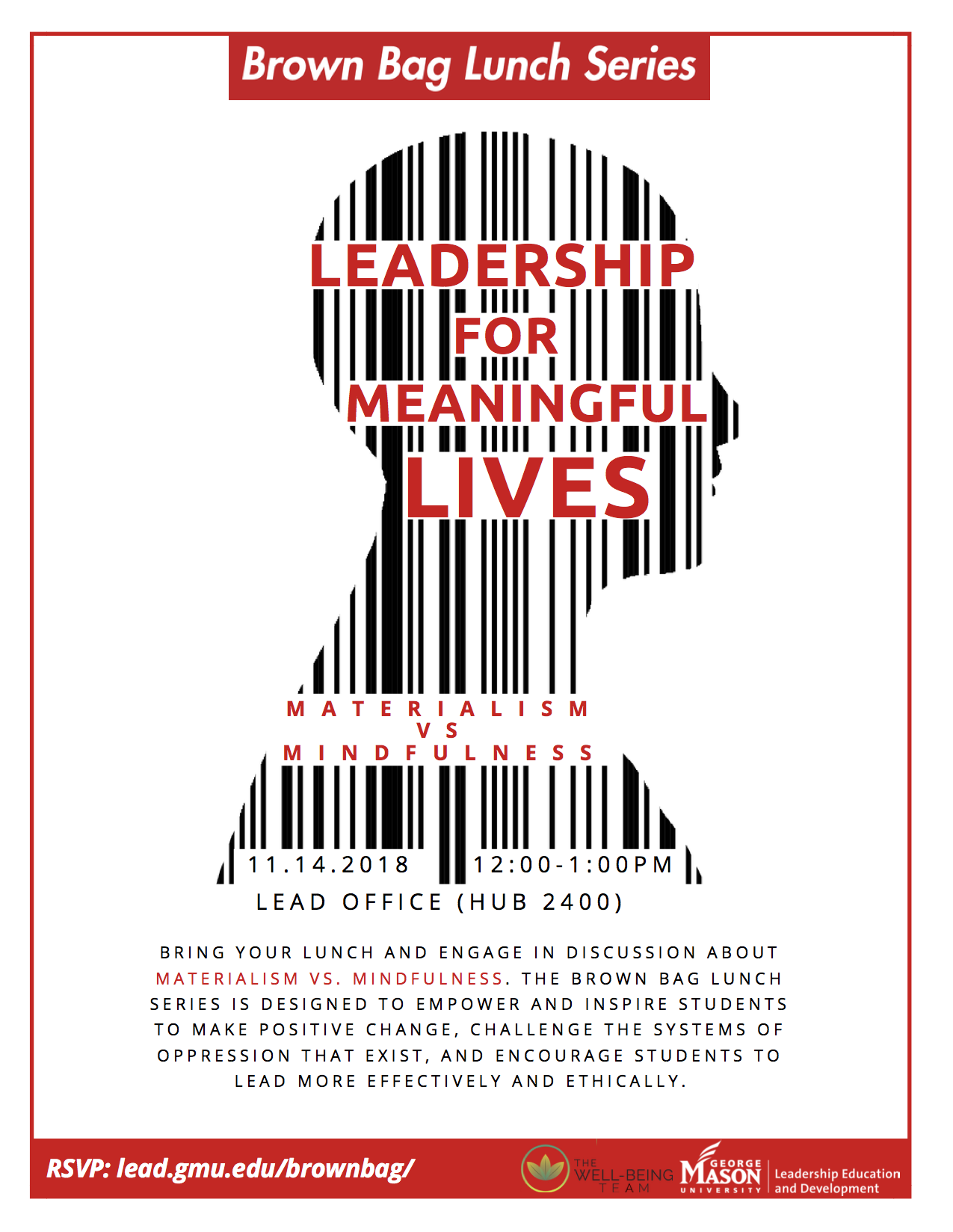“’Failing forward’ is the ability to get back up after you’ve been knocked down, learn from your mistake, and move forward in a better direction.” – John Maxwell
-
Learn to say no.
-
It’s okay to not be okay.
-
Treat yourself like you would treat a friend.
_______________________________________
 As an ISFJ with Harmony as my top strength, I really don’t enjoy conflict. However, I think that I can adequately negotiate and manage conflict because I am observant of people around me, open to hearing opposing opinions, and mindful people’s intent. Despite what pop culture movies want you to believe, I don’t think most conflicts occur because of different personality types or clashing opinions. In my experiences, I’ve seen most conflict arise because of miscommunication or lack of information. I like to give people the benefit of doubt before jumping to conclusions. Before I make a judgement of someone’s actions, I always ask myself why they did what they did. For instance, if someone is late to a meeting, it doesn’t mean that they don’t respect my time or that they are sloppy. It could simply be a bad day where they ran into a problem on the road. In a situation like this one, I would try to put myself in their shoes and try to understand things from their point of view when I ask them why they were late. By putting my ego aside and seeing things from their point of view, I can avoid creating biases against that person which could lead to even bigger conflicts later on. When I am in a situation of conflict, I think of a story that I heard many years ago. There was a teacher who held up a book with a black cover up to his class.
As an ISFJ with Harmony as my top strength, I really don’t enjoy conflict. However, I think that I can adequately negotiate and manage conflict because I am observant of people around me, open to hearing opposing opinions, and mindful people’s intent. Despite what pop culture movies want you to believe, I don’t think most conflicts occur because of different personality types or clashing opinions. In my experiences, I’ve seen most conflict arise because of miscommunication or lack of information. I like to give people the benefit of doubt before jumping to conclusions. Before I make a judgement of someone’s actions, I always ask myself why they did what they did. For instance, if someone is late to a meeting, it doesn’t mean that they don’t respect my time or that they are sloppy. It could simply be a bad day where they ran into a problem on the road. In a situation like this one, I would try to put myself in their shoes and try to understand things from their point of view when I ask them why they were late. By putting my ego aside and seeing things from their point of view, I can avoid creating biases against that person which could lead to even bigger conflicts later on. When I am in a situation of conflict, I think of a story that I heard many years ago. There was a teacher who held up a book with a black cover up to his class.

“What color is the book?” “It’s black,” the students obviously replied. “No,” the teacher said, to the confusion of the class. He turned the book around to reveal a red back cover and replied, “you’re not seeing both sides.”
It’s stories like this that allow me to check myself when I negotiating conflict. Before I react, I like to assess whether I have all the information before making a judgement. Referring back to the situation above with the tardiness, if I were to judge the person from the very beginning because I was upset that they were late and didn’t give them a chance to explain themselves, then I would be a bad leader because I’m not considering the facts from all sides. Because I prefer to strongly avoid conflict and miscommunication, I try to navigate my role in the LEAD office with openness and transparency, which has served me well so far.
Assumption and lack of communication are the number one relationship killers. We all perceive differently. We’ve lived different lives, we have different views.

